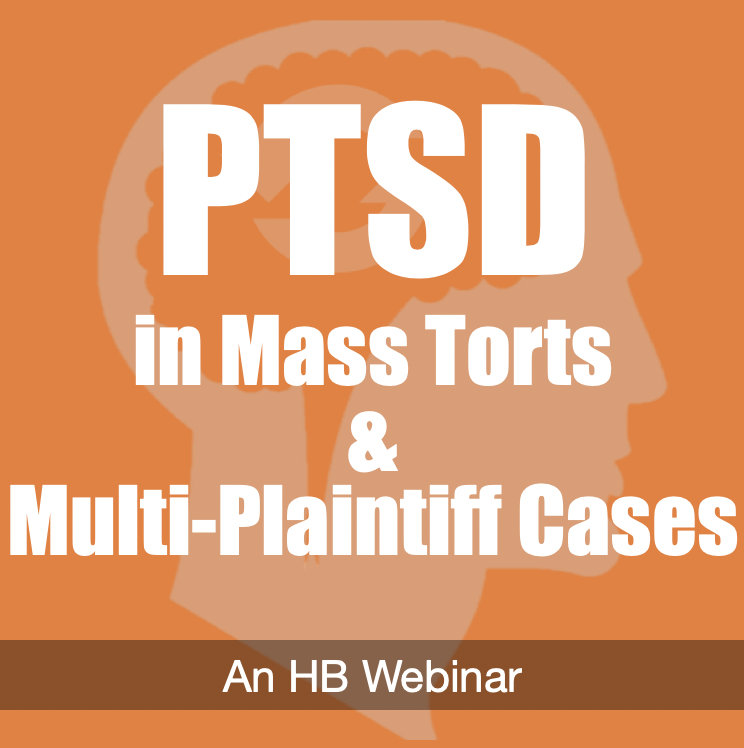Healthcare Industry Antitrust Measures Advance as Pandemic Pressures Persist
Healthcare Industry Antitrust Measures Advance as Pandemic Pressures Persist Did consolidation help frustrate U.S. COVID-19 preparedness? Clearly antitrust enforcers must consider external circumstances like the COVID-19 crisis when making enforcement decisions, and the agencies have bene able to pivot to respond to this crisis remarkably quickly. It is important, however, to also consider whether and how these emergency COVID-19 collaborations will unwind once the crisis has subsided. Collaborating competitors will have already shared critical information and resources, and that momentum can be difficult to halt. Jennifer M. Oliver, Partner, MoginRubin LLP READ MORE Jennifer M. Oliver Partner MoginRubin LLP


